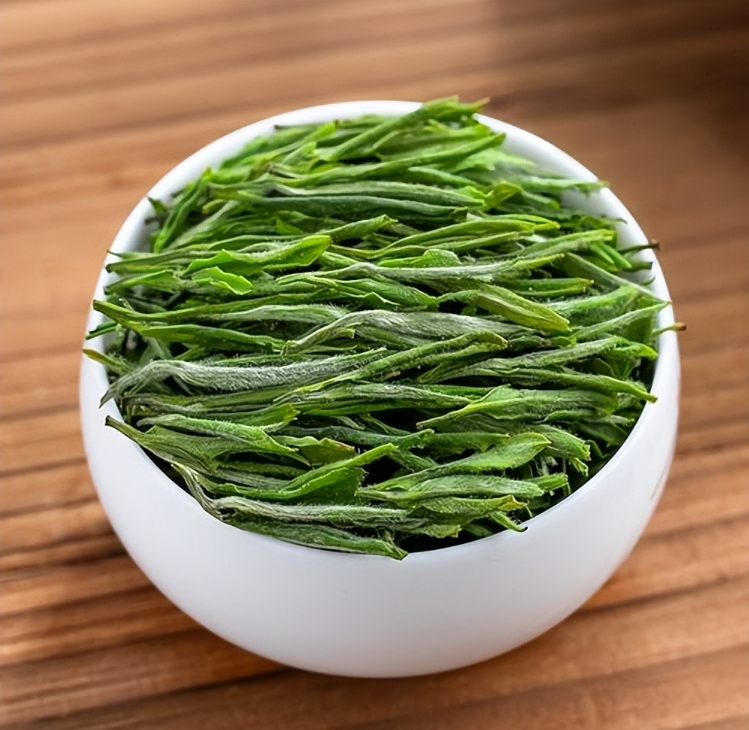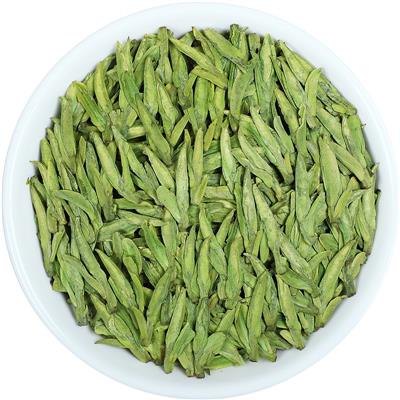Green tea, a popular beverage worldwide, has long been celebrated for its numerous health benefits. This article delves into the medicinal properties of green tea, exploring its key active compounds, therapeutic effects, and potential health applications.

Key Active Compounds in Green Tea
Green tea is rich in bioactive compounds, with tea polyphenols being the most prominent. These polyphenols, particularly catechins, possess potent antioxidant, anti-inflammatory, and antimicrobial properties. Additionally, green tea contains caffeine, amino acids like theanine, vitamins, and minerals, all of which contribute to its medicinal value.
Therapeutic Effects of Green Tea
- Cardiovascular Health: Green tea has been shown to improve cardiovascular health by lowering blood pressure, reducing cholesterol levels, and preventing atherosclerosis. The antioxidants in green tea help protect against oxidative stress, a major contributor to heart disease.
- Cancer Prevention: Tea polyphenols, especially epigallocatechin gallate (EGCG), have demonstrated chemopreventive effects. They inhibit the growth of cancer cells, induce apoptosis (cell death), and prevent the formation of carcinogens.
- Diabetes Management: Green tea may help regulate blood sugar levels and improve insulin sensitivity, making it beneficial for individuals with type 2 diabetes. The polyphenols in green tea enhance glucose metabolism and reduce the risk of complications associated with diabetes.
- Weight Management: Green tea has been linked to weight loss and the prevention of obesity. It boosts metabolism, increases fat oxidation, and reduces fat absorption. Caffeine and catechins work synergistically to enhance thermogenesis and fat burning.
- Antioxidant and Anti-aging Effects: The antioxidants in green tea neutralize free radicals, reducing oxidative damage to cells and tissues. This helps slow down the aging process and protect against age-related diseases.
- Mental Health Benefits: Green tea contains theanine, an amino acid that promotes relaxation and reduces stress. It also improves cognitive function, enhances mood, and may help alleviate symptoms of anxiety and depression.
- Antimicrobial and Anti-inflammatory Properties: Green tea has natural antimicrobial and anti-inflammatory properties. It can help fight against bacterial and viral infections, reduce inflammation, and alleviate symptoms of inflammatory conditions.
Potential Health Applications
Given its diverse medicinal properties, green tea has potential applications in various health conditions. For instance, it may be used as a complementary therapy in the management of cardiovascular disease, cancer, diabetes, and obesity. Additionally, green tea can be incorporated into skincare products to harness its antioxidant and anti-aging benefits.
Precautions and Contraindications
While green tea is generally safe for consumption, certain precautions should be taken. Excessive intake of green tea, especially in the form of concentrated extracts, may lead to side effects such as stomach irritation, insomnia, and increased heart rate. Pregnant and breastfeeding women, as well as individuals with certain medical conditions, should consult their healthcare provider before consuming green tea.
Conclusion
Green tea is a versatile beverage with a wide range of medicinal properties. Its active compounds, particularly tea polyphenols and caffeine, contribute to its numerous health benefits. From cardiovascular health to cancer prevention, green tea has shown promise in promoting overall well-being. However, it is important to consume green tea in moderation and be aware of potential side effects and contraindications. As research continues to uncover the full extent of green tea’s medicinal value, it remains a valuable addition to a healthy lifestyle.



